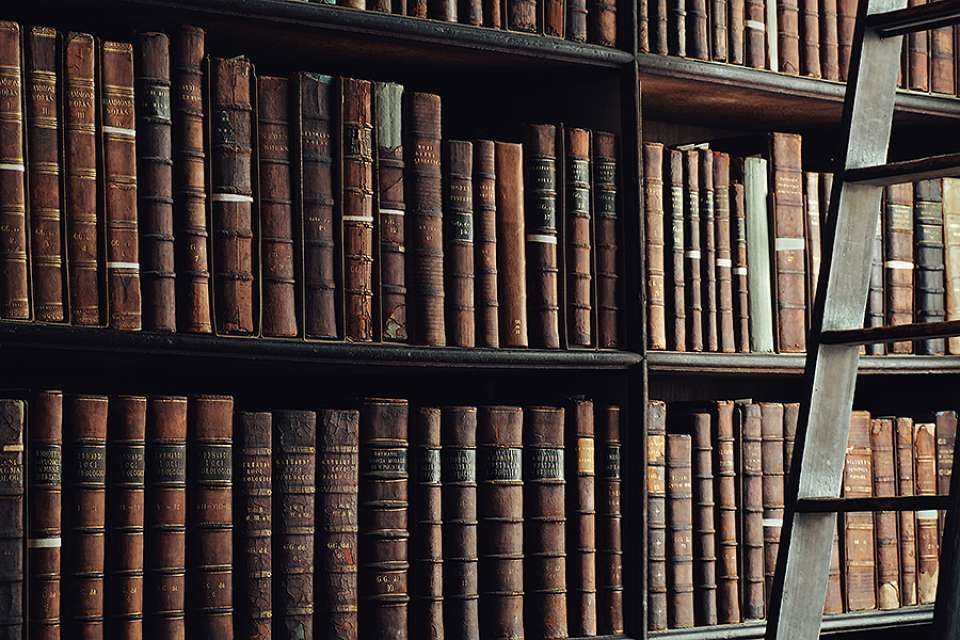Seeking the renewal of culture and faith in New England, Thomas More College of Liberal Arts has launched a center that addresses crucial questions for Christians and aims to be a “vigorous public witness to the faith.”
“Its mission is a revival of Christian culture in New England: a region that has always been a seedbed of new ideas and ideals — a region whose the original European settlers first sought to build ‘a shining city on a hill’,” the New Hampshire college said Dec. 5.
The Thomas More Center for the Restoration of Christian Culture aims to support active involvement in the arts, in politics, in literature, in education, and especially in the life of faith.
The center aims to address “the crisis of a civilization that has drifted from the principles on which it was founded.” It will consider “the crucial questions of how mature Christians can live in freedom, and how people of faith can give new hope to a secularized society,” Thomas More College said.
The center will invite speakers, host seminars and organize conferences. It will encourage both intellectuals and civic leaders to participate in discussions and explore how to apply ideas.
Its statement of purpose says it will follow the example of St. Thomas More by protecting and encouraging healthy family life and by educating young people in the liberal arts. It will promote the active involvement of Christians in civic life, the preservation and enrichment of cultural heritage, and loyal defense of Catholic teaching.
The center aims “not to mourn the decline in society, but to build an outpost of civility: a community in which reasoned discussion, animated by Christian faith, can work toward a revival.”
Founding fellows at the center are Thomas More College president Dr. William Fahey; Dr. Anthony Esolen, a translator of Dante’s Divine Comedy and author of several books; and Catholic journalist and author Philip Lawler.
Esolen said culture is “disappearing from the West — certainly from the United States and Canada.”
“We are in the midst of massive culture amnesia,” he charged.
Lawler said he believes that New England could be a place for the emergence of “a new, positive and distinctively Christian vision of America.”
The region has “always been a nursery for new ideas and new movements.” He suggested the metaphorical pendulum of opinion has swung “so very far” in New England and prevailing opinion is “so far from the truths that are inscribed on the human heart” that a reaction is “inevitable.”
Fahey commented on the other fellows at the center: “Esolen is one of America’s foremost writers and a trenchant observer of our cultural malaise, and Lawler has had years of experience commenting on the ebb and flow of Catholic leadership within America and the wider world, always with a wise sense of how we should direct our attention and renew our conversation.”
Among the supporters of the center is Jennifer Roback Morse, founder and president of the Ruth Institute.
“The family needs defenders in all academic disciplines and from all walks of life,” Morse said. “May this Center become a focal point for a great renewal of all that is good and worthy in Christian civilization.”
Robert Royal, president of the Washington, D.C.-based Faith and Reason Institute, said the center is “one of the most promising new initiatives in decades.”
“Lots of people have written and spoken about what’s gone wrong with Catholic thought--as well as ways of life and community,” Royal added. “This is one of the few things I’ve seen that may actually do something about bringing them all together again in a faithful and viable whole.”
In Royal’s view, the regional approach of the center is important.
“Given the scope of problems we face, they can only be dealt with first at a more local level. I hope that this project not only grows rapidly, but that it is imitated and adapted to many other parts of the country, and the world,” he said.
Other backers of the project include Andrew Beckwith, president of the Massachusetts Family Institute; Ignatius Press founder and editor Father Joseph Fessio, S.J.; author and former syndicated columnist Maggie Gallagher; James Hitchcock, emeritus history professor at St. Louis University; Cardinal Newman Society president Patrick Reilly; Austin Ruse, president of the Center for Family and Human Rights; and Notre Dame architecture professor Duncan Stroik.

